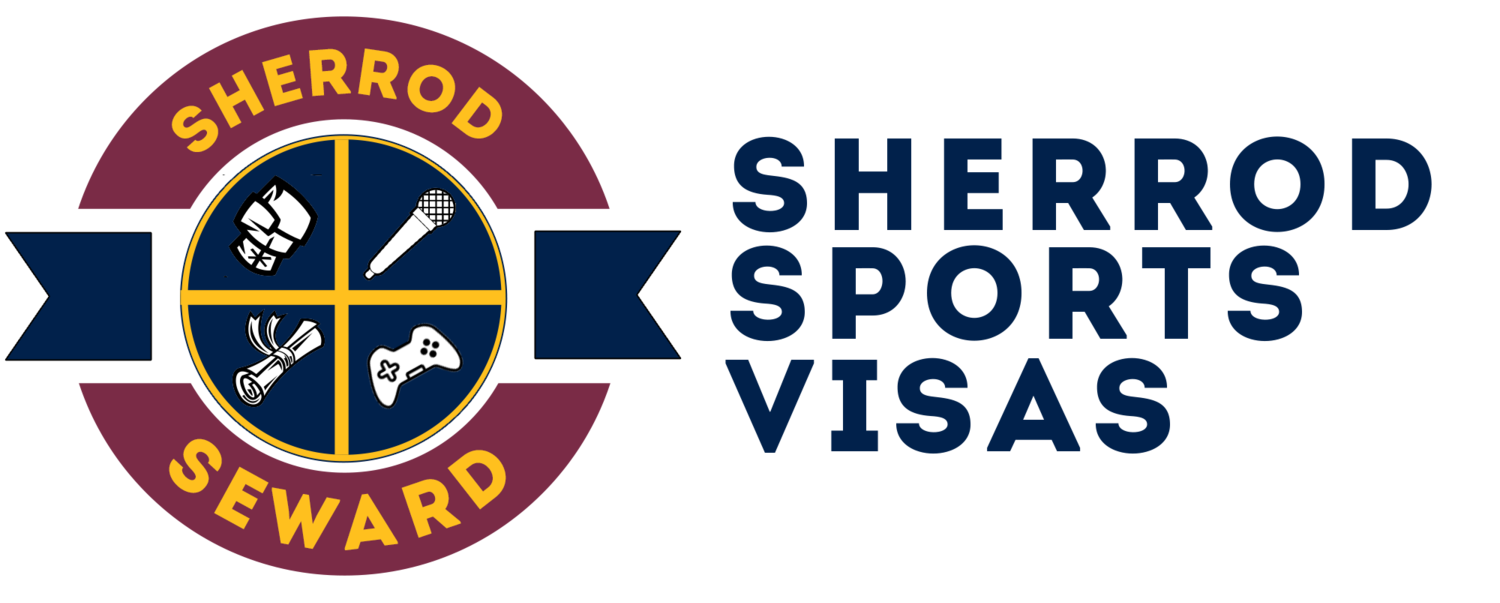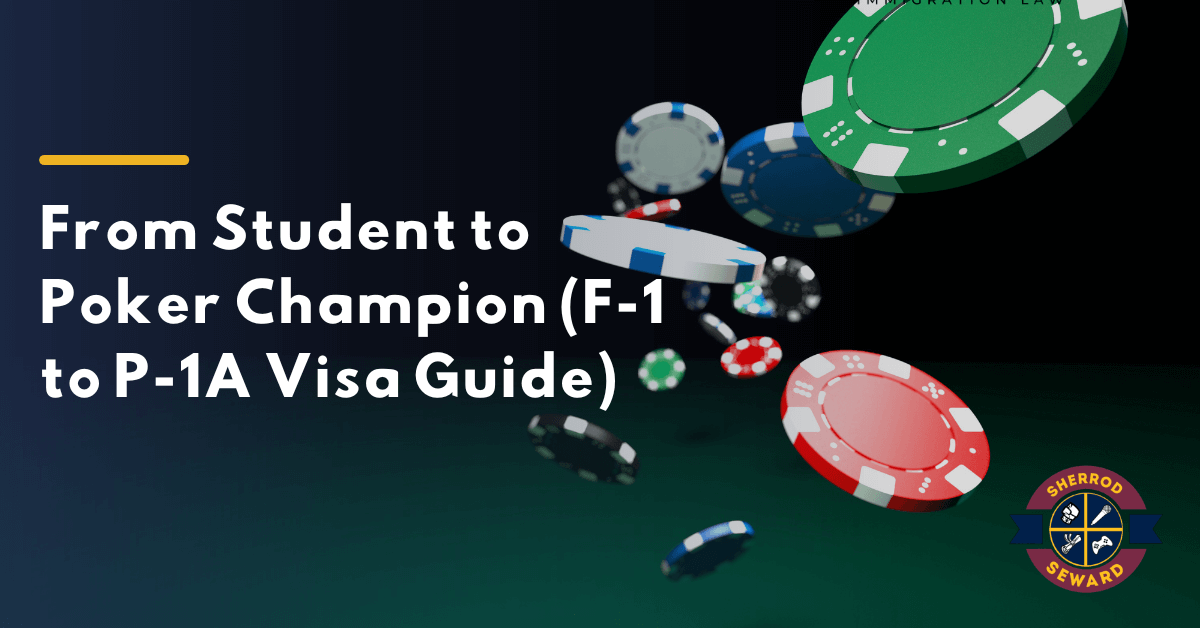From Student To Poker Champion: Switching To A P-1A Visa As A Poker Player In The US (F-1 To P-1A Visa Guide)
Are you an F-1 visa holder with exceptional poker skills dreaming of competing in prestigious U.S. tournaments? The P-1A visa might be your answer. This article explores the possibility of transitioning from an F-1 visa (OPT) to a P-1A visa within the US, using the inspiring journey of professional poker player Ye Yuan as a real-life example.
F-1 OPT To P-1A: A Strategic Move
The F-1 visa with Optional Practical Training (OPT) allows international students to gain work experience in their field of study. However, for aspiring poker players like Ye Yuan, an F-1 visa doesn't grant permission to compete in professional tournaments. This is where the P-1A visa comes in.
The P-1A visa is typically used for international athletes of extraordinary ability to participate in events in the United States. While poker isn't a traditional sport, USCIS (U.S. Citizenship and Immigration Services) recognizes skilled poker players as athletes for P-1A visa purposes.
Key Considerations For F-1 To P-1A Transition:
Exceptional Ability:
You must demonstrate exceptional ability in poker through high rankings (GPI, Hendon Mob), significant tournament wins, and media recognition. Ye Yuan's achievements – high GPI ranking, Hendon Mob placement, and top finishes at WSOP events – served as a strong case for his P-1A eligibility.
Pre-Arranged Events:
Your P-1A application should include a detailed itinerary outlining specific poker tournaments you plan to participate in. This demonstrates a professional purpose for seeking the visa, similar to Ye Yuan's well-defined tournament schedule.
Petitioner:
Unlike most P-1A visas, you don't necessarily need an employer as a petitioner. Companies like Innovative Global Holdings, a talent agency, can represent you as a petitioner, facilitating the P-1A application process.
Benefits Of Switching To A P-1A Visa:
Compete Professionally: Gain legal entry to participate in prestigious U.S. poker tournaments like the WSOP and WPT.
Extended Stay: The P-1A visa typically allows an initial stay of 3 years with potential renewals for up to 5 years. This provides significant time to establish yourself in the professional poker scene.
Green Card Potential: A successful P-1A visa journey can pave the way for eventually obtaining a self-sponsored green card.
Important Points To Remember:
Consult an Immigration Attorney: The P-1A visa application process can be complex. Consulting an experienced immigration attorney specializing in P-1A visas for athletes and entertainers is crucial to navigating the legalities and maximizing your chances of success.
Maintain F-1 Status: While the application can be filed within the US, ensure you maintain your F-1 status and comply with all regulations until your P-1A visa is approved.
Contact Us And Start Your Professional Poker Career
Following Ye Yuan's example and other poker professionals with strategic planning, skilled poker players on F-1 visas can explore the P-1A visa option to pursue their professional poker dreams in the United States. Consult with an immigration attorney experienced in P-1 visas to get personalized guidance and further increase your chances of success.




